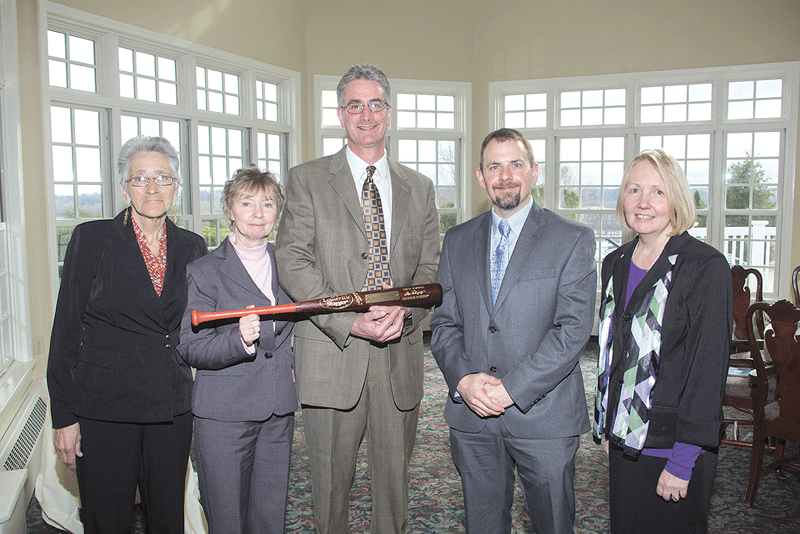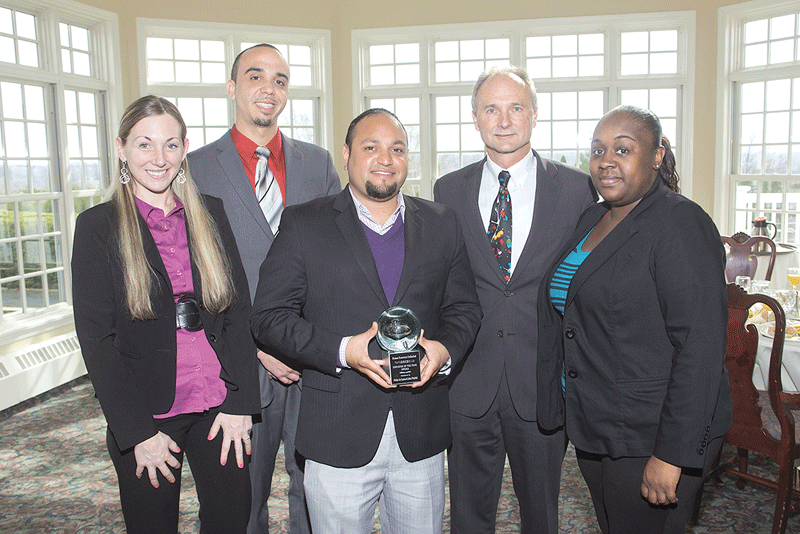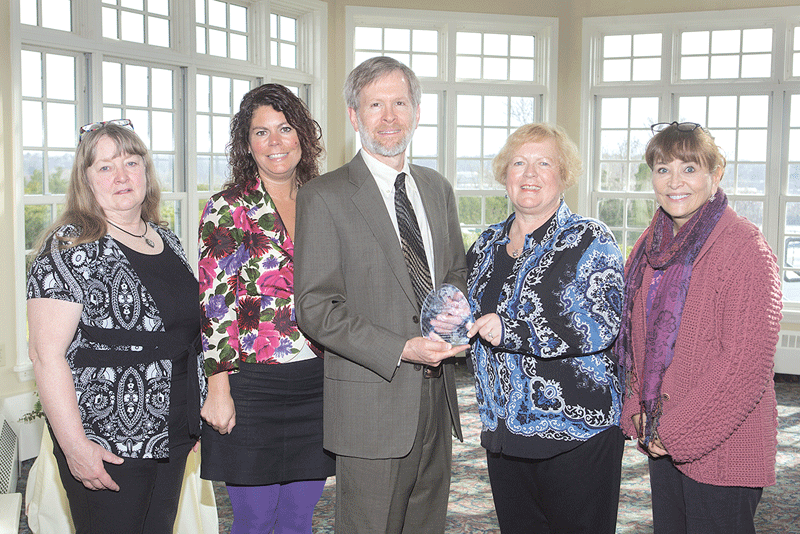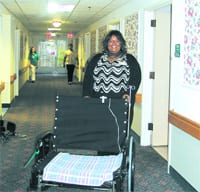Make IT Happen -Medical and Dental Practices Must Stay Current With Technology
While groundbreaking rulings and reform have been slower to make the news in 2013, this continues to be a year of transition in the healthcare industry. In monitoring these transitions, there appears to be one underlying constant — technology.
As we move forward from 2013 into the future, it should be clear to all medical and dental practices that, in order to meet the demands of this changing environment, a well-planned and carefully designed technological infrastructure will be critical.
Many practices have made the transition to a qualified technological operating environment. Others are still evaluating the one they have put in place. Still, there are other practices that have not yet made the switch.
This article will help to explore some of the areas where a well-designed electronic health records (EHR) system is a necessity, such as meeting meaningful use and obtaining quality incentives. Additionally, this article will help to provide some considerations for reviewing the functionality of the system that you have, as well as addressing security issues and avoiding downtime.
Meaningful Use
Over the past two years, many practices have been racing to meet the stage 1 and 2 requirements of meaningful use in order to qualify for the Medicare and Medicaid incentive payouts. Many have not because their system does not allow them the ability to do so, or they do not know how to use it properly.
Starting in 2014, everyone, regardless of stage, will be required to report on new clinical quality measures. Due to this change, recipients achieving stage 1 will need to satisfy nine, instead of six, meaningful-use measures. Those practices that have not fully embraced their EHR system and its functionality will now have a much more difficult time qualifying for the incentive money.
Quality Incentives
We have recently seen that, in an effort to drive medical costs down, many insurance providers have been increasing their offerings of quality incentive payouts. The catch to cashing in on these incentives, however, is data-driven. The most efficient way to capture the data needed to meet these requirements is through your EHR system. What many practices don’t realize is that the manner in which data can be extracted to benefit for the quality incentive payments is the same manner by which practices can review data to improve their own internal performance.
An internal review of the electronic data that is gathered may identify certain inefficiencies leading to increased charges or decreased administrative time.
IT Assessments
Too many practices purchase an EHR system based on a convincing sales pitch or because a colleague recommended it. It is vitally important to note that there is no one-size-fits-all approach when deciding which EHR system to go with. What works well for one practice won’t necessarily work for another. Before committing to a very expensive system, have a formal assessment performed, and have it reviewed by an independent third party.
These assessments could include the hardware and software being considered, as well as the applications they are running and the training of the staff using these systems. A little more time and money spent upfront could help save tens of thousands of dollars and many headaches down the road.
Security
With changes in technology happening at such a rapid pace, it is important to consider the security of your data within the technological environment. In order to ensure that there are no security ‘gaps’ with interoperating programs and systems, it is critical to have your practice reviewed by an IT security specialist. Additionally, it is equally important to discuss the importance of technological security with your employees, while developing formal policies and procedures that they are expected to follow.
There are various security policies that should be in place at any practice. These include, but are not limited to, data encryption and requiring that computers do not leave the office. One of the most common causes of security breaches is lost or stolen computers. With the amount of data now being stored on these systems, it can be particularly troublesome if they go missing. Be especially careful with the disposal of items from the office, especially those with built-in hard drives.
Systems Down
With each of the technological changes previously discussed, it is easy to see how dependent we have all become in regard to technology. What happens when your EHR doesn’t start up in the morning? Or what if you are missing a week’s worth of patient billings? In addition to purchasing a sophisticated, high-tech system, it is equally important to spend just as much time considering backup servers and contingency plans.
Each practice should be backing up data on a regular basis, or have a second parallel server on which data is being stored. That way, there is always something to fall back on in order to restore missing or corrupted data. Additionally, as comfortable as the industry is becoming with those handheld tablet devices, it is important for all staff to understand the protocol for having and using manual forms if the servers are down. This will help to ensure that, in the event that the systems are not working as intended, you will not experience a significant loss in productivity.
While there have been fewer rule changes this year, the way the game is being played continues to evolve. To continue to play, a well-planned and well-designed technological infrastructure will be critical. v
James T. Krupienski, CPA is senior manager of the Health Care Services Division at Meyers Brothers Kalicka, P.C.; (413) 536-8510.
Picture This
Got Pics? Send your photos to: Picture This; c/o Joseph Bednar, The Healthcare News, 1441 Main Street, Springfield, MA 01103; or e-mail bednar@healthcarenews.com Please include detailed caption material and your name and contact information.
Unlimited Pride
Human Resources Unlimited recently staged its annual Recognition and Fundraiser event at Springfield Country Club. Employer partners and volunteers were honored, and successful program members were recognized. At left, from left, accepting the 2012 Armand Tourangeau Volunteer of the Year award is Jeff Lander, center, founder of Appilistic, flanked by (from left) Susan Smith, senior employment coordinator, Forum House; Renee Kosciusko, daughter of Armand Tourangeau; Carol Tourangeau, wife of Armand Tourangeau; and Susan Beckwith, program manager, Forum House. Above left, 2012 Rookie Employer Award recipients (from left) Jackie Huntley, Tradewinds program member; Deb Post, HR manager, and Russell Prentiss, general manager, both of the Sturbridge Host Hotel & Conference Center; Michael Forest, program manager, Tradewinds; and Winnie Siano, senior employment coordinator, Tradewinds. Above, Donald Kozera, president of Human Resources Unlimited (second from right), poses with the winners of the Employer of the Year Award, representing Holiday Inn Express & Suites in Westfield. From left: Arlie Meade, sales manager; Nathan Byrd, general manager; Ashish Patel, president; and Jacquie Clayton, guest services manager.
Photos by Paul Schnaittacher






Comments are closed.